Picture
Your Present Location: HOME> PicturePresident of US-China Business Council dialogues with Wu Xiaoqiu: US-China Relations and Trade Talks
On the evening of June 19, 2019, a seminar with the theme of “US-China Relations and Trade Talks: American Business Community Perspective” was held in Beijing. Craig Allen, President of US-China Business Council, Danilo Türk, Former President of Slovenia, and Professor Wu Xiaoqiu, Vice President of Renmin University of China, conducted a wonderful dialogue. The seminar sponsored by the Chongyang Institute for Financial Studies at Renmin University of China (RDCY), and Wang Wen, Executive Dean of RDCY and Executive Director of China-US People-to-Peole Exchanges Research Center, moderated the seminar.
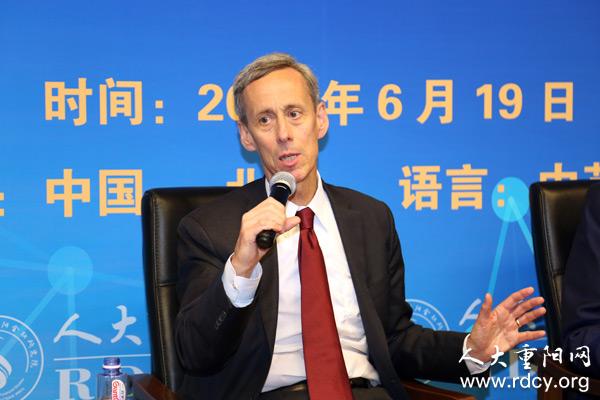
First of all, President Craig Allen delivered a keynote speech. He said it was a great honor to witness the development of Sino-US relations as a diplomat over the past 35 years, especially as China seeks to better integrate into the global economy, and major changes have taken place over the past few decades.
He added that he has resigned from the US State Department, and provides the views of the American business community on behalf of non-governmental organizations. The US-China Business Council has a total of 220 members, especially the business members, who maintain business ties with China and have investments to help China better develop into a developed country, he said.
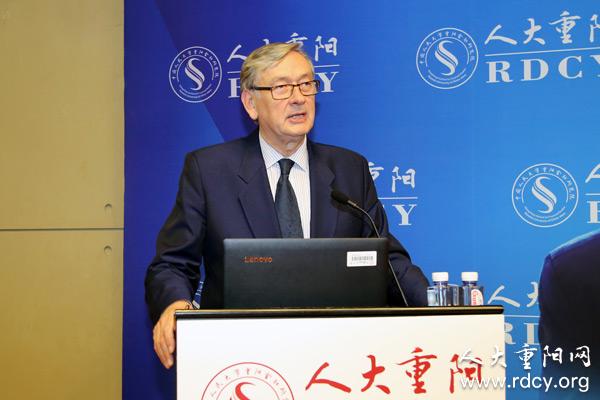
Danilo Türk noted that the G20 summit has two purposes. One is that we need to manage the global crisis, and we are also seeing some signs of crisis between the United States and China now. The summit is to bring together people from the European Union, Japan, Russia, India and other countries to discuss how to manage the global crisis and it can also help further ease the tension between China and the United States. The second purpose is the construction of institutions and mechanisms. The G20 summit can lead to some changes in the global institutional mechanism.
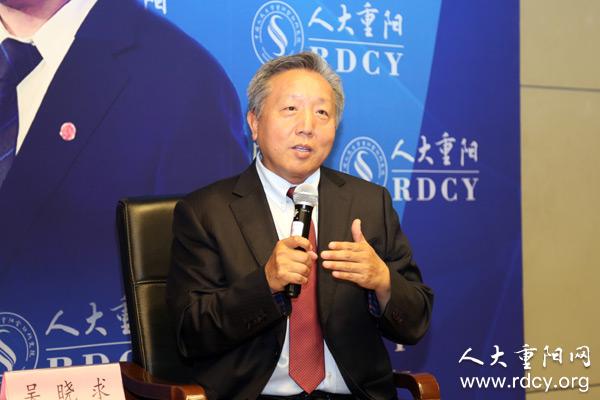
Professor Wu Xiaoqiu mentioned that it is impossible for China to stop its reform and opening up, and it will certainly move forward. He added that there are twists and turns in this process, but the general trend of reform and opening up, as a basic national policy established by former Chinese leader Deng Xiaoping, will not go backwards. He explained the reasons: The achievements we have been made in China over the past 40 years benefited from the reform and opening up, not the closed-door. By the standards of the United States or the European Union, our market economy may seem a little irregular to them, but we believe that it will become more and more standardized in the future. The negotiations between China and the United States must not involve the core interests of the two countries, which is the bottom line. No country can be above other countries and we are all equal. With this in mind, all negotiations can be successful.
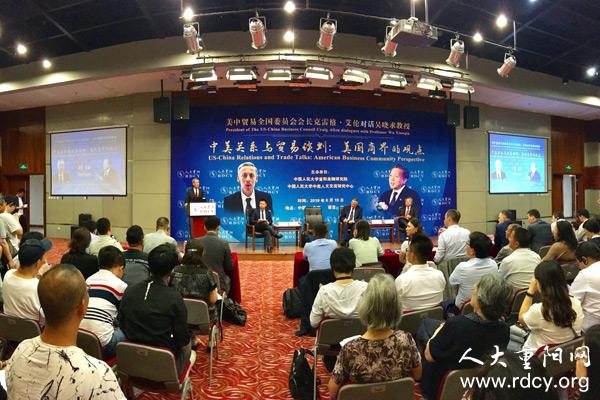
More than 400 people attended the seminar including teachers, students and media representatives,and interacted with the invited guests at the end of the session.
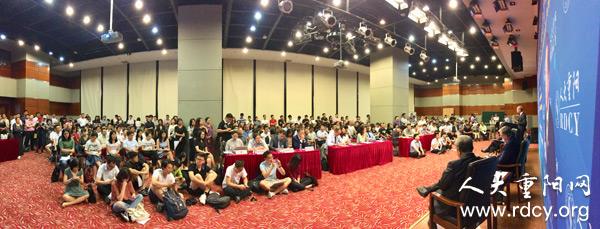























































































 京公网安备 11010802037854号
京公网安备 11010802037854号





